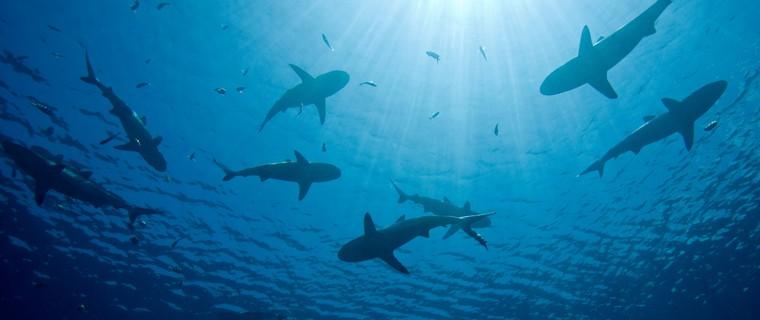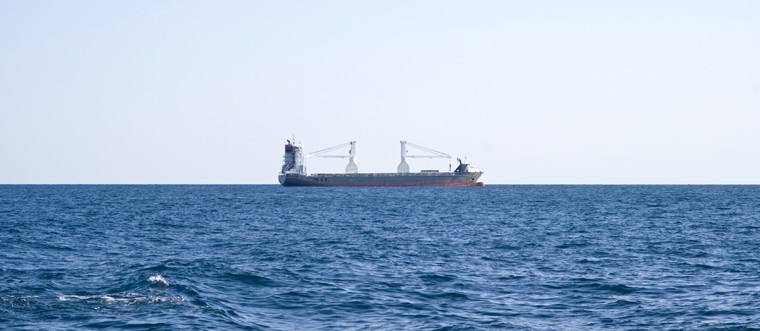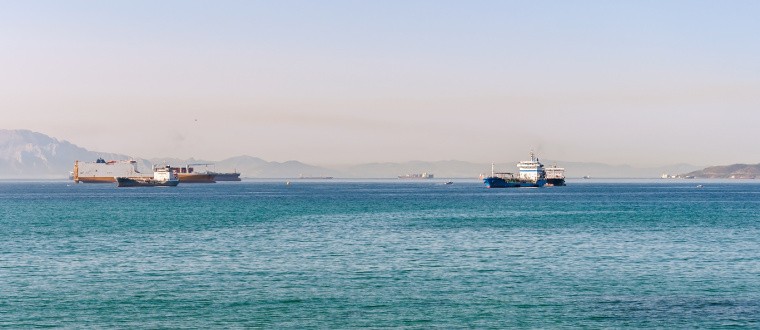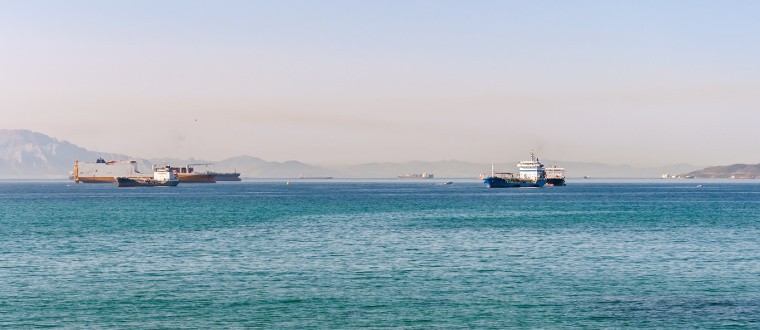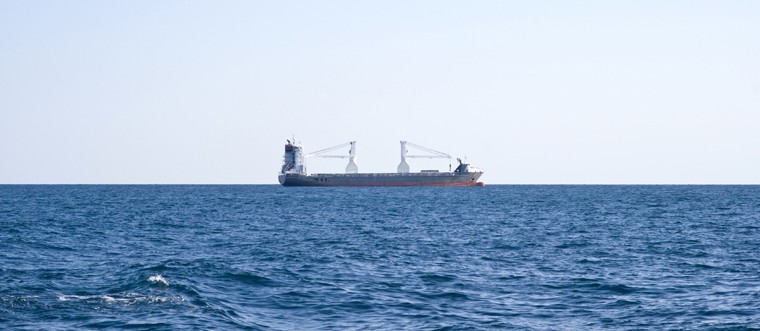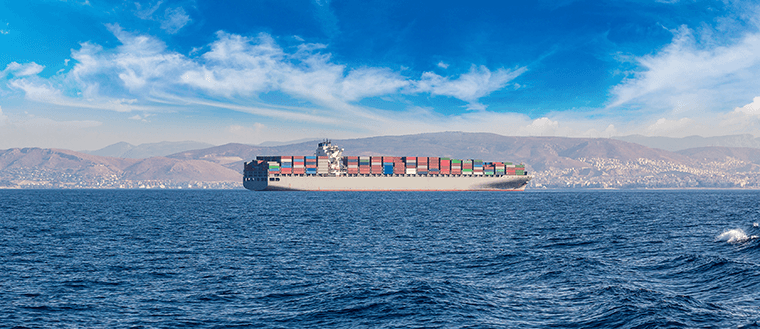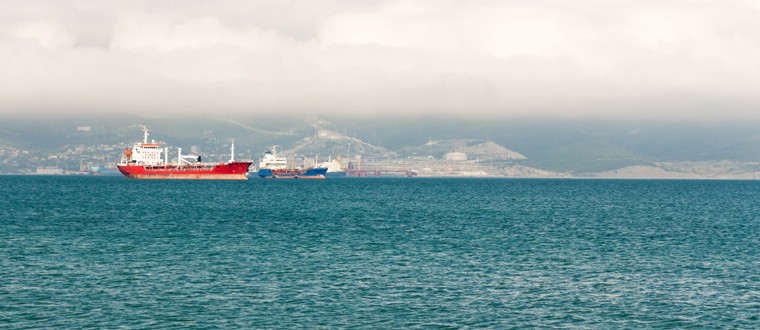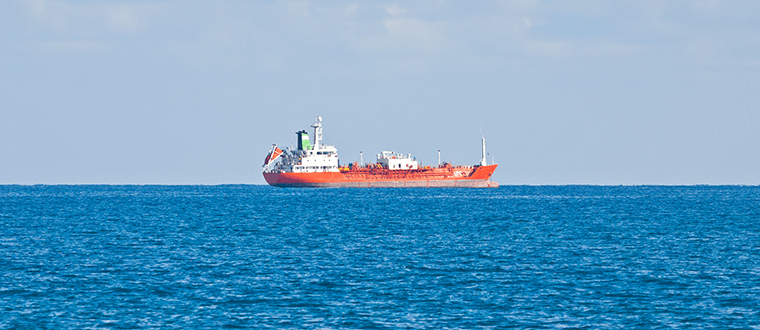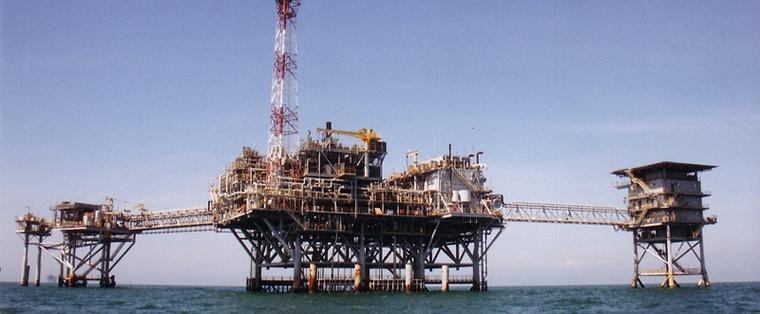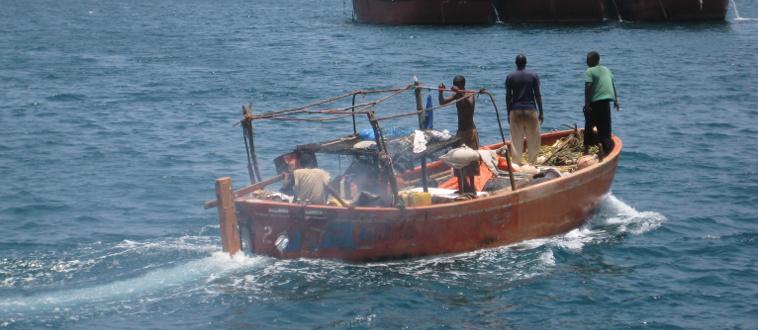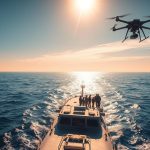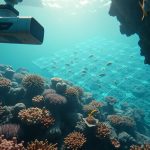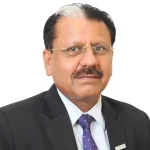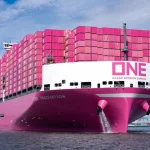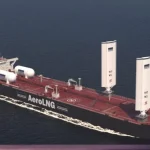This effort is in line with the country’s goal to reduce litter, which can be dangerous to marine life since garbage and other plastic materials may be mistaken for food.
These build on contracts secured earlier this year to supply 18 hatch cover sets for the same series of containerships, bringing to 26 the total number of shipsets ordered by HMD from MacGregor during 2018.
Until now, there was no requirement to prove that treated waters were compliant with the rules. Only a ballast water treatment plant’s electrical and automation systems and physical parameters were checked during the commissioning process.
Peter Keller, Chairman, SEALNG, stated: “We commissioned this study from independent simulation and analytics expert Opsiana to support shipowners and operators in analysing their investment opportunities in an informed way, while simultaneously providing deeper analysis of the assumptions that go into the 2020 decision process.”
To mitigate the risks of an increasingly fragmented and complex bunkering marketplace, VeriFuel is calling on the industry to work together more effectively to find solutions that support the smooth transition to new fuels.
Palau International Ship Registry (PISR) and the Hellenic Shortsea Shipowners Association (HSSA) both operate from Piraeus in Greece and recently signed an agreement to strengthen the close ties between them to support HSSA’s member vessels operating short-sea shipping services.
The orders were booked into Cargotec's first quarter 2019 order intake, with the delivery of the MacGregor equipment planned to start during the first quarter 2020
With the funds raised, Norsepower, whose customers include Maersk Tankers, Viking, Line, and Bore, will be able to expand production of its Rotor Sails in Asia, as well as ramp-up its search for potential supplier partners within the region.
With the call to fight against climate change and all the efforts to go green, there’s a need for the maritime industry to look beyond conventional fuels. This is especially true with environmental regulations becoming stricter than ever.
Modern-day pirates may not wear an eye patch or wave a sword in your face, but they are more real and more dangerous than any of the fictional characters we’ve grown to love as children. Nothing about the sea pirates of today is lovable. The only thing they invoke is fear, and to anyone who's become their victim – post-traumatic stress disorder (PTSD).

